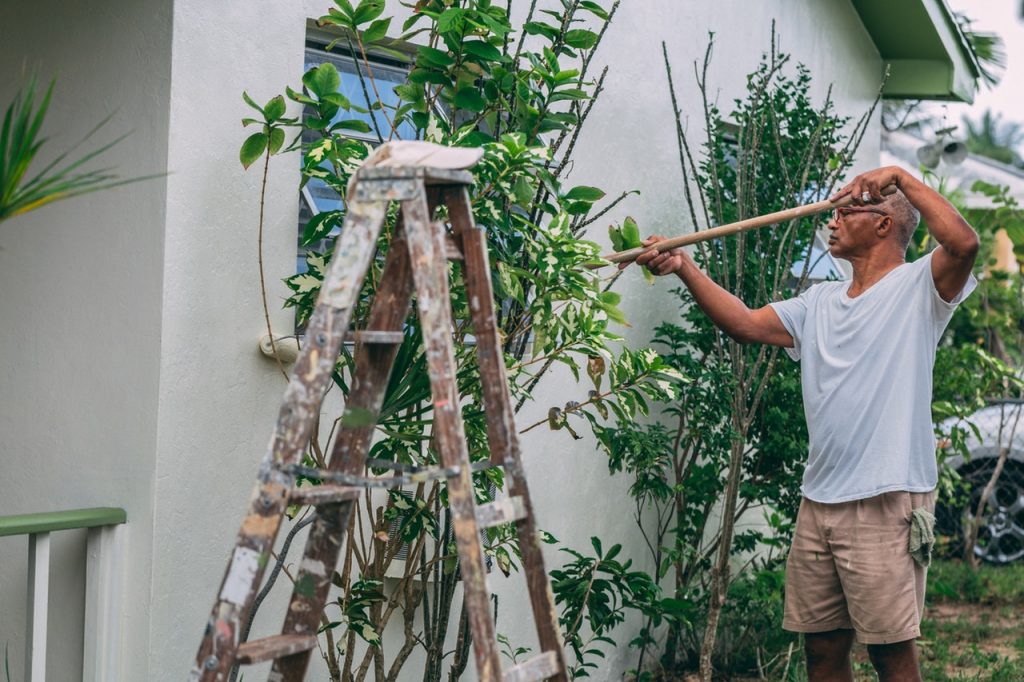
One of the most neglected, yet one of the most important reminders we have to set is the time to change our water tanks. As it holds a reservoir of drinking water, it is important to keep it clean and free from harmful substances. Changing your tank regularly is just as important as doing your water tank installation properly!
As it sustains life, it may also harbour that of microorganisms’ which may cause harm to people and animals. Therefore, It should remain disinfected and kept safe for use.
Water tanks may be made of cement, steel, fibreglass, plastic or stone. It may be made to collect rainwater or run by a water system where it transports water into the tank. Water tanks come in different sizes and maybe put in a location on the ground, or elevated from the ground in a mini-tower.
Water stored may be used for both personal and industrial use. Personal use may account for drinking, cooking and washing dishes purposes. While some may use it in flushing the toilet, cleaning the car and gardening, it is always advisable to keep it disinfected and sanitary. In some areas, it’s the only source to fight a fire. That’s why it’s advisable to check on their tanks every 2-3 years. It’s easy to find rainwater tanks for sale online. But how do you know when is the right time to replace it?
Here are the things to look out for in your water tank:
- Leakages
 Water is subject to wear and tear damages, regardless if it is made up of plastic, concrete or metal. In time, water tanks (especially those that are made of steel), may corrode if not protected properly from the inside. The inside can be affected by water and the outside by soil. This may eventually result in holes and weakening of the container resulting in leakages. Any metal exposed to air loses to oxygen, which results in corrosion. When this happens, it’s time to replace the tank after being cleared of water as there may have been chemical build-up that could affect the composition of your water. If your water tank is still new despite the leakage, it could be saved but usually, it’s because of old age that the water tank results in leakage.
Water is subject to wear and tear damages, regardless if it is made up of plastic, concrete or metal. In time, water tanks (especially those that are made of steel), may corrode if not protected properly from the inside. The inside can be affected by water and the outside by soil. This may eventually result in holes and weakening of the container resulting in leakages. Any metal exposed to air loses to oxygen, which results in corrosion. When this happens, it’s time to replace the tank after being cleared of water as there may have been chemical build-up that could affect the composition of your water. If your water tank is still new despite the leakage, it could be saved but usually, it’s because of old age that the water tank results in leakage.
- Its age
Water tanks are good for use generally for 8-10 years. Beyond that, it may develop holes and become brittle, because of corrosion build-up. If it has been in use for more than a decade, its roof or inner walls may have grown algae and may have provided a conducive habitat for bacterial growth and virus-carrying insects. Remember that this storage is dark and moist – two of the factors that the majority of the microorganisms prefer living in.
- Stained water (or any discolouration)
Rusty running water is always alarming to see. Although there could be a lot of reasons why there’s discolouration of water, it’s not up for discussion before you act on it. It could be rust that accumulated, it could be soil from an outside source, or it could be sedimentation in which a sludge had settled at the bottom of the reservoir. Whatever it may be, it contaminates the water inside. And there’s a big chance that harmful chemicals are lodging in the container, contaminating the water making it unsafe to use.
- An obvious indent changing its shape into an odd one
Plastic water tanks, as they get exposed to UV rays for a long time and at a certain intensity, could react and affect its shape. And since it’s plastic, it gets unstable under the extreme heat of the sun. It makes the water heated up as well as affecting its composition in an almost non-edible way.
- When you hear a rumbling or thunder sound
Over time, your water tank not only stores water but sediments also settle at the bottom of the tank. This, more often than not, results in the water getting exposed to extreme temperatures. While it’s not necessarily common with water heater tanks, the one that you had domestically installed in the backyard is exposed to sunlight too for several hours. And water trapped by sediments (under it) tends to boil. As it escapes, it gives out a thunder sound. This gives you a signal that something in your water system (involving the pipes, the latch or the heater) is damaged or not working properly. Whether you decide to repair it or not, it will cost you. All the more, you should consider replacing your water tank altogether.
Don’t forget to weigh repair costs with the cost of changing into a new tank. The latter may be pricey but repairing it over and over would just be an endless process. It might turn up pricey in the end.